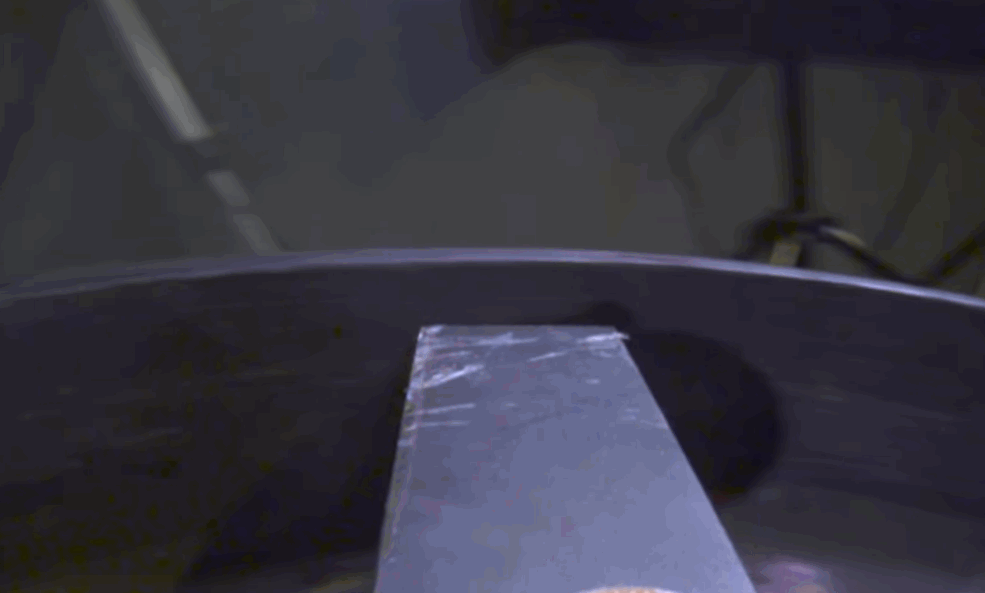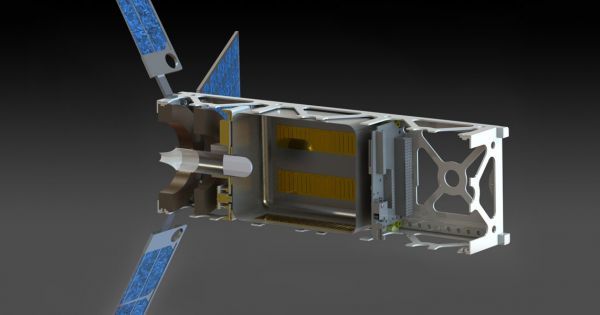People (including myself) love slow-motion videos and we also tend to love watching things being destroyed. Lawnmowers are really, really good at destroying things, but capturing its destructive power with a high-speed lens isn’t the easiest thing in the world… unless you flip it upside down and strap the camera right to the blade.
Now, I wouldn’t want to be the one to tackle such a project, but the good news is that a YouTuber by the name of Tesla500 has already done all the hard work. The over 20-minute-long video shows the building of the rig itself as well as lots and lots of random household objects meeting their end in super slow motion.








